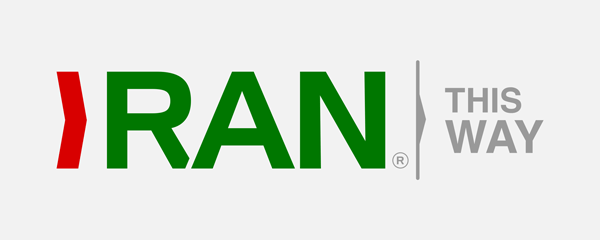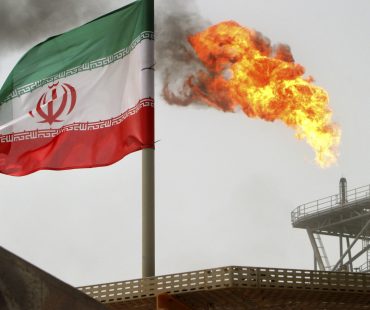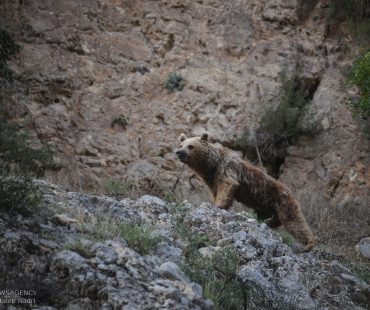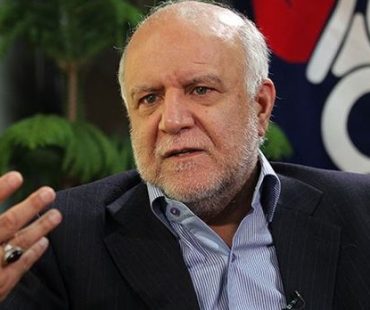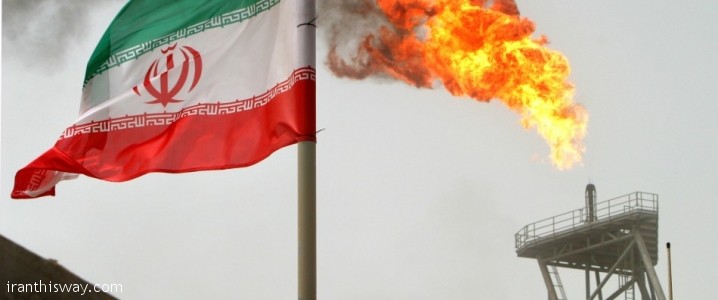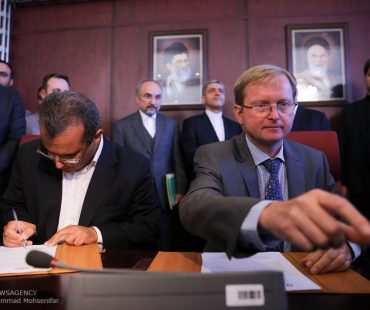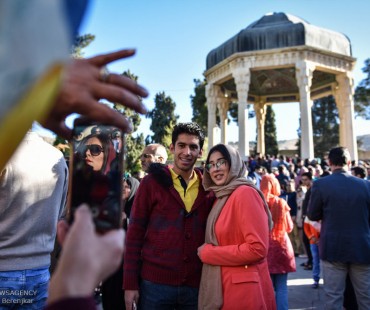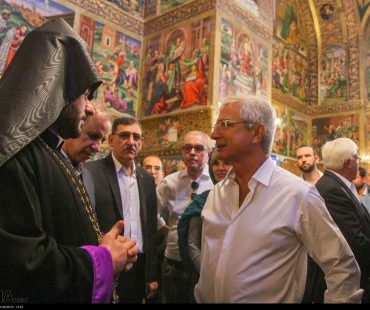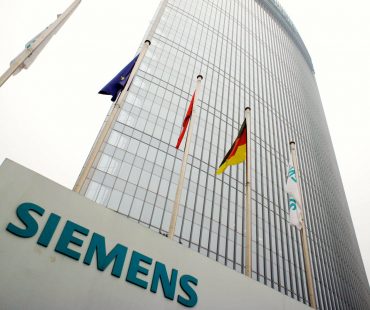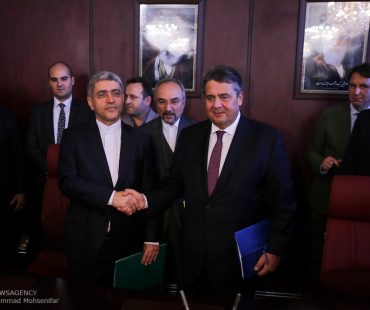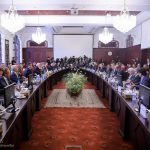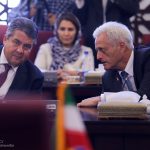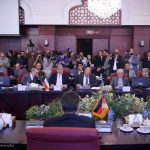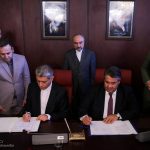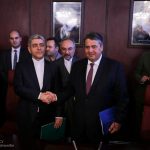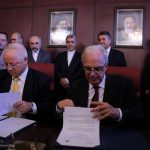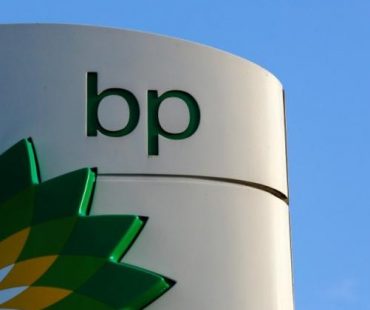A handful of mostly European hotel groups are looking to steal a march on their US competitors by moving into the Iranian hospitality market while US companies still face regulatory uncertainty.
Most international sanctions related to Iran’s nuclear program were lifted at the start of this year. That sparked widespread interest among international companies in entering a country of 80 million.
Representatives of rapidly expanding US companies such as Hilton Worldwide Holdings Inc., Marriott International Inc. and Choice Hotels International declined to comment.
Meanwhile, other companies are wasting no time. Abu Dhabi-based-Rotana Hotel Management Corp. PJSC, France’s Accor, Spain’s Meliá Hotels International and Germany’s Steigenberger Hotel Group are all moving quickly in anticipation of a tourism and business boom.
“We have been carefully watching the status of USA sanctions, the regulatory changes to those sanctions and we are evaluating the opportunities as a result of those changes,” said Alex Kyriakidis, president and managing director, Marriott International Middle East and Africa.
Iran’s economy is the second largest in the Middle East behind Saudi Arabia.
“Everybody is waiting for the international changes to come into effect – we are moving forward,” said Guy Hutchinson, the chief operating officer of Rotana. “We are going full steam ahead,” he said.
Rotana, which operates out of more than two dozen cities in emerging and often complicated markets such as Iraq and Sudan, has four properties under construction in Iran, the first one of which, a five-star hotel with 362 rooms, will open next year in the holy city of Mashhad.
Rotana can draw from its experience in other holy cities such as Mecca I Saudi Arabia and Karbala in Iraq, where targeting pilgrims as a major source of demand involves unique challenges, Hutchinson said. For example, more flexible check-in and checkout times might be needed to take into account the prayer times, he said.
“If you talk to US companies, they don’t necessarily have the same understanding in markets like this, virgin markets where there are specific challenges on how you operate,” said Hutchinson.
Frankfurt-based Steigenberger recently signed a letter of intent to open 10 hotels in Iran, while Meliá has a five-star property in the works on the shores of the Caspian Sea. Part of their optimism is fueled by Iran’s ambition to increase the number of visitors to 20 million by 2025 from around five million in 2015.
Since the 1979 Islamic Revolution, Iran’s hotel sector has been a local affair marked by the absence of international brands. Visitors to Tehran, whether for leisure or business, welcome top-end hotels.
“There’s not enough room for business travelers in Tehran,” said Maryam Kiaie, the international business development director for Rah Shahr, a major Iranian infrastructure firm. “We have business delegations postponing trips because of it.”
Kiaie estimates that Tehran needs 5,000 more high-grade hotel rooms. Hotels may be attractive for investors because they are easier to buy and upgrade than other property types.
“I think it’s a very safe sector to invest in,” Kiaie said. “It’s easier to get finance to build hotels, and there are many local investors who are interested in coming into a joint venture with foreign investors. It’s a good opportunity for hotel brands.”
A few of Tehran’s hotels market themselves as four- or five-star hotels but analysts say most of these wouldn’t receive the same classification by international standards. Room rates at the two Accor branches in Tehran range between $100 and $140 per night.
“Iran has some huge potential for growth because there is a lack in hotels both qualitatively and quantitatively,” said Christophe Landais, chief operating officer at Accor Hotels Iran. Paris-based Accor in the past year opened two properties, under the Ibis and Novotel brand, next to Tehran’s international airport. It is working on about 10 additional projects that will be located in Tehran and Mashhad.
Since opening its doors in Iran, Landais said the most positive feedback from clients he has received focused on Accor’s offering of free Wi-Fi and up to 40 international channels in the bedrooms – standard offerings in the West but more rare in existing Iranian hotels.
Hutchinson likened the present Iran situation to China before it became an economic powerhouse.
“It may take a little while until it fully opens and starts to move, but when it starts (it will go quickly),” he said./ Iran Daily
